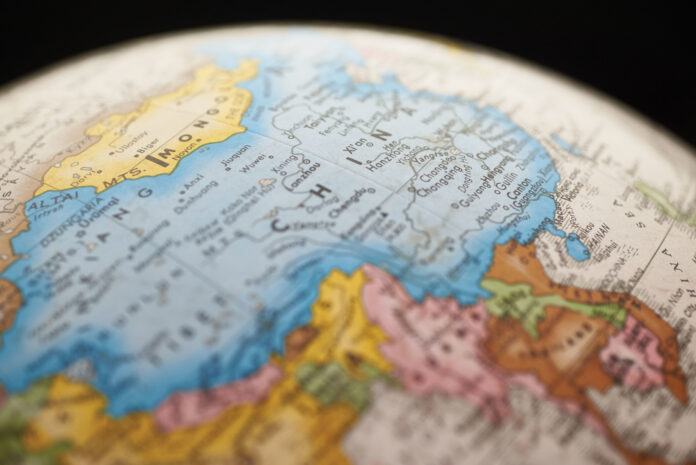Authors: Edward Newman and Gezim Visoka
Affiliation: School of Politics and International Studies, University of Leeds, Leeds, UK, School of Law and Government, Dublin City University, Dublin, Ireland
Organization/Publisher: Geopolitics
Date/Place: April 28, 2021/ UK
Type of Literature: Journal Article
Number of Pages: 28
Link: https://www.tandfonline.com/doi/full/10.1080/14650045.2021.1912018
Keywords: State Recognition, Transitional International Order, Geopolitics, Multipolarity, Great Power Rivalry
Brief:
This article explores the issue of “recognition of new states, between legal foundations and geopolitical contexts.” It examines how the recognition of a new state in the international arena is influenced by both legal and political factors, particularly the influence of major powers on the recognition process. The central question is whether the recognition of new states is based on legal and institutional grounds or geopolitical calculations. Additionally, the article analyzes political discourse and case studies to provide theoretical background and real-world examples.
The article is divided into two main parts: 1. The development of recognition of the state and the transition towards a multipolar system. 2. Recognizing the state as a field for competition between the great powers.
The first part delves into the evolution of state recognition and the transition to a multipolar order. It emphasizes the significance of recognition for international peace, security, and development, considering the various UN member states, partially independent territories, and non-self-governing territories. It acknowledges the contested nature of statehood for partially recognized and de facto states. The article also highlights the tension among great powers arising from the multi-layered cartography of states and the opportunity it provides for rising powers to challenge the existing international order. The disagreement on the definition of the state in international law further complicates the politically and legally sensitive process of recognizing new states. The Montevideo Convention of 1933 serves as a global reference for the core conditions of statehood. The article explores different perspectives on the role of recognition in supporting claims to statehood, the absence of an objective regime for criteria enforcement, and the prioritization of state sovereignty and territorial integrity over self-determination and secession.
The second part examines the normative competition and realpolitik rivalry between great powers in the politics of state recognition. It highlights conflicts in understanding the law and standards related to the sovereignty, independence, and territorial integrity of states, contrasting them with a liberal approach that considers political interests in democracy and human rights. The article argues that such conflicts lead to an advanced understanding of concepts like the right to self-determination, popular sovereignty, and decolonization. It also explores how great powers’ competition affects the recognition of new states, discussing the lack of common policies on state recognition and the strategic moves made by various powers to undermine rivals or advance their own interests. Examples include Russia’s support for Serbia’s derecognition campaign against Kosovo and the US’ efforts to pressure states not to recognize China. The article suggests that the politics of state recognition reflect the normative contestation and realpolitik rivalry among great powers, leading to a fragmented international order.
In conclusion, the article provides insights into the evolving politics of state recognition in a multipolar world order. It emphasizes the role of tensions and rivalries between major powers in prolonging contested statehood in various cases. The shifting international order, normative contestation, and changing attitudes in major powers contribute to the complexity of state recognition. While there are signs of a shift towards realpolitik practices, the article argues that a rules-based international system is unlikely to emerge without accommodation between powers. It suggests the constitutionalization of state recognition at the global level to promote peace, stability, and serve reciprocal great power interests.
By: Dr. Nabil Kahlouche, Strategic Researcher




